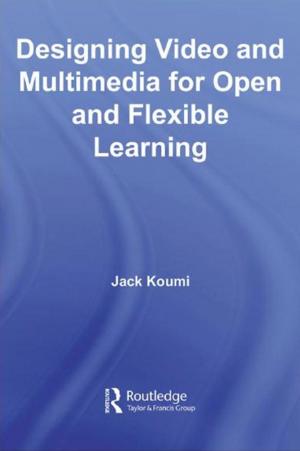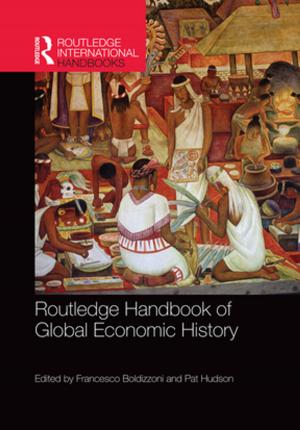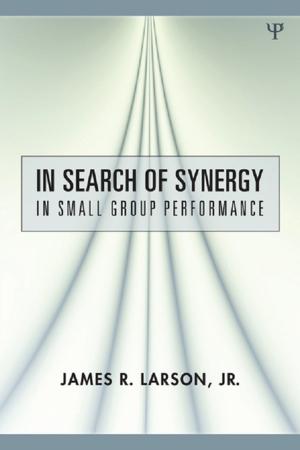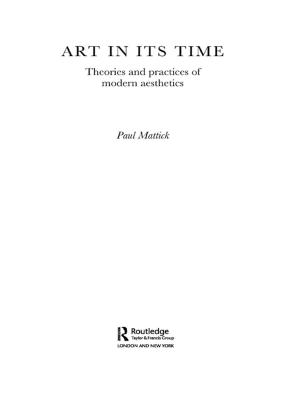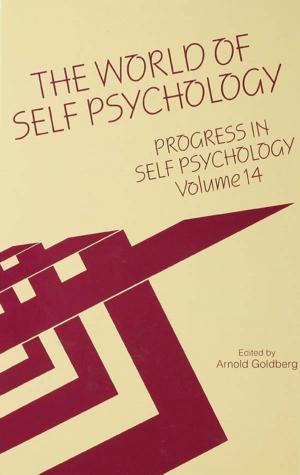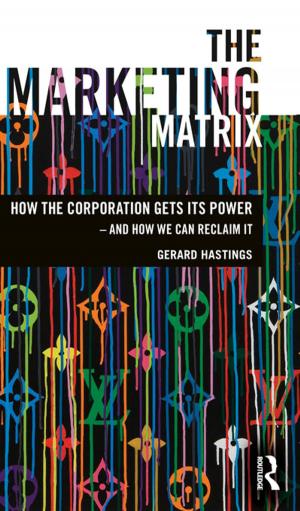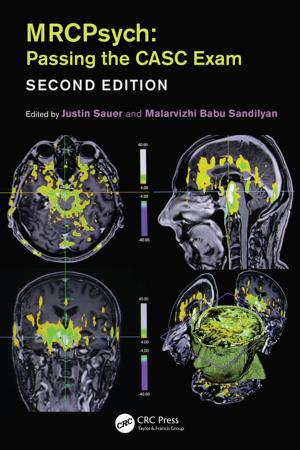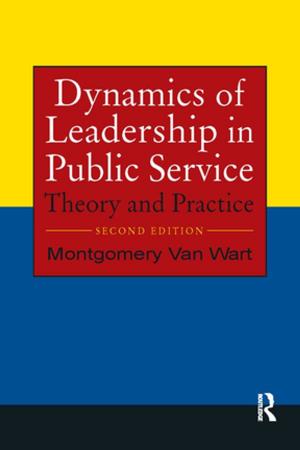Criminal Justice
Retribution vs. Restoration
Nonfiction, Health & Well Being, Medical, Patient Care, Health Care Delivery, Allied Health Services, Religion & Spirituality| Author: | Eleanor Hannon Judah | ISBN: | 9781136372636 |
| Publisher: | Taylor and Francis | Publication: | April 3, 2013 |
| Imprint: | Routledge | Language: | English |
| Author: | Eleanor Hannon Judah |
| ISBN: | 9781136372636 |
| Publisher: | Taylor and Francis |
| Publication: | April 3, 2013 |
| Imprint: | Routledge |
| Language: | English |
There are nearly two million inmates in America today. Are there better alternatives to incarceration?
Criminal Justice: Retribution vs. Restoration presents new answers and unconventional suggestions addressing America’s overcrowded prisons and jails, high recidivism rates, and weakened family and community relationships with ex-prisoners. Experts in the field discuss the benefits and failures of America’s criminal justice system at various times in history and today, then explore possibilities to improve on that system. This groundbreaking book introduces encouraging, therapeutic approaches to criminal justice that include treatment, rehabilitation, and the direct involvement the victims, the families, and the communities.
Criminal Justice looks at America’s over-reliance on punishment and retribution as the means of responding to prevalent social problems and examines the justice system’s tendency to incarcerate-rather than treat-minority, mentally ill, poor, and drug-dependent offenders. The authors-who are all active in some field of criminal justice-argue for a restorative model of correction that is more humane to both offenders and victims. This model opens up dialogue between offenders and their victims, families, and communities by promoting hallmark programs, including victim offender mediation, conferencing, peacemaking circles, restitution, and community projects and services.
Criminal Justice includes such intriguing topics as:
- the social costs and moral economy of incarceration
- drug policy-should drug users be incarcerated or rehabilitated?
- the potential of restorative justice-a first-hand account from a prison inmate
- restorative justice and faith communities
- the practice and efficacy of restorative justice
- the path from fury to forgiveness-the emotions of the mother of a murdered child
- strategies for creating safe and just communities
- women in prison-their special needs both during incarceration and after re-entry
- social work and criminal justice-how they work together
- grassroots advocacy for criminal justice reform-a look back over the last 30 years by the founders of CURE (Citizens United for Rehabilitation of Errants)
This book’s foundation rests on the Biblical concepts of restoration, healing, forgiveness, reconciliation, and responsibility. Criminal Justice: Retribution vs Restoration is an eye-opening look at the negative effects of our current system of blame and punishment and offers hope for better, more humane methods in the future. This holistic, empowering, and strengths-based perspective offers insight and suggestions that are valuable for students, social workers, policymakers, and criminal justice professionals.
There are nearly two million inmates in America today. Are there better alternatives to incarceration?
Criminal Justice: Retribution vs. Restoration presents new answers and unconventional suggestions addressing America’s overcrowded prisons and jails, high recidivism rates, and weakened family and community relationships with ex-prisoners. Experts in the field discuss the benefits and failures of America’s criminal justice system at various times in history and today, then explore possibilities to improve on that system. This groundbreaking book introduces encouraging, therapeutic approaches to criminal justice that include treatment, rehabilitation, and the direct involvement the victims, the families, and the communities.
Criminal Justice looks at America’s over-reliance on punishment and retribution as the means of responding to prevalent social problems and examines the justice system’s tendency to incarcerate-rather than treat-minority, mentally ill, poor, and drug-dependent offenders. The authors-who are all active in some field of criminal justice-argue for a restorative model of correction that is more humane to both offenders and victims. This model opens up dialogue between offenders and their victims, families, and communities by promoting hallmark programs, including victim offender mediation, conferencing, peacemaking circles, restitution, and community projects and services.
Criminal Justice includes such intriguing topics as:
- the social costs and moral economy of incarceration
- drug policy-should drug users be incarcerated or rehabilitated?
- the potential of restorative justice-a first-hand account from a prison inmate
- restorative justice and faith communities
- the practice and efficacy of restorative justice
- the path from fury to forgiveness-the emotions of the mother of a murdered child
- strategies for creating safe and just communities
- women in prison-their special needs both during incarceration and after re-entry
- social work and criminal justice-how they work together
- grassroots advocacy for criminal justice reform-a look back over the last 30 years by the founders of CURE (Citizens United for Rehabilitation of Errants)
This book’s foundation rests on the Biblical concepts of restoration, healing, forgiveness, reconciliation, and responsibility. Criminal Justice: Retribution vs Restoration is an eye-opening look at the negative effects of our current system of blame and punishment and offers hope for better, more humane methods in the future. This holistic, empowering, and strengths-based perspective offers insight and suggestions that are valuable for students, social workers, policymakers, and criminal justice professionals.


